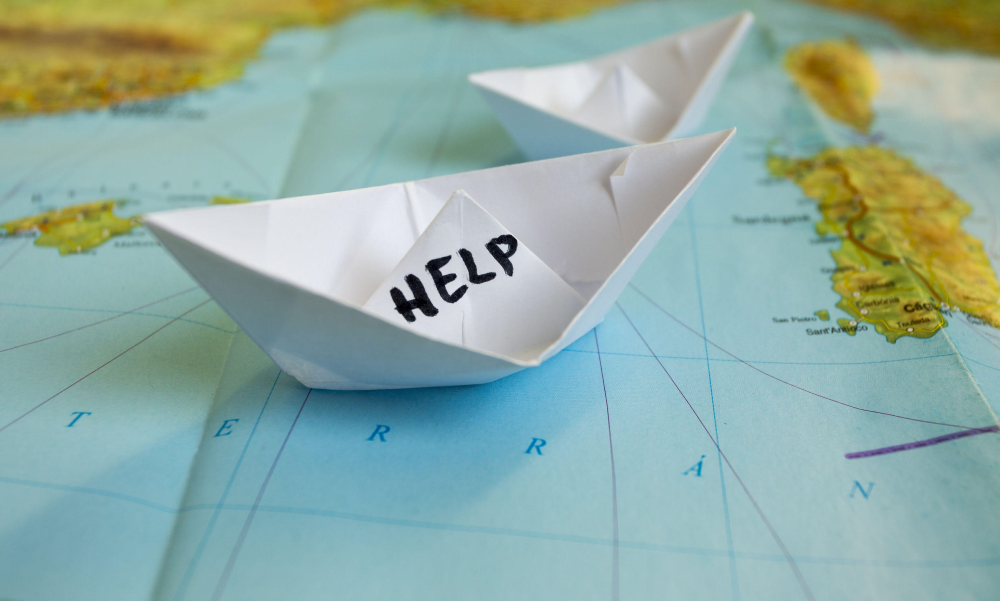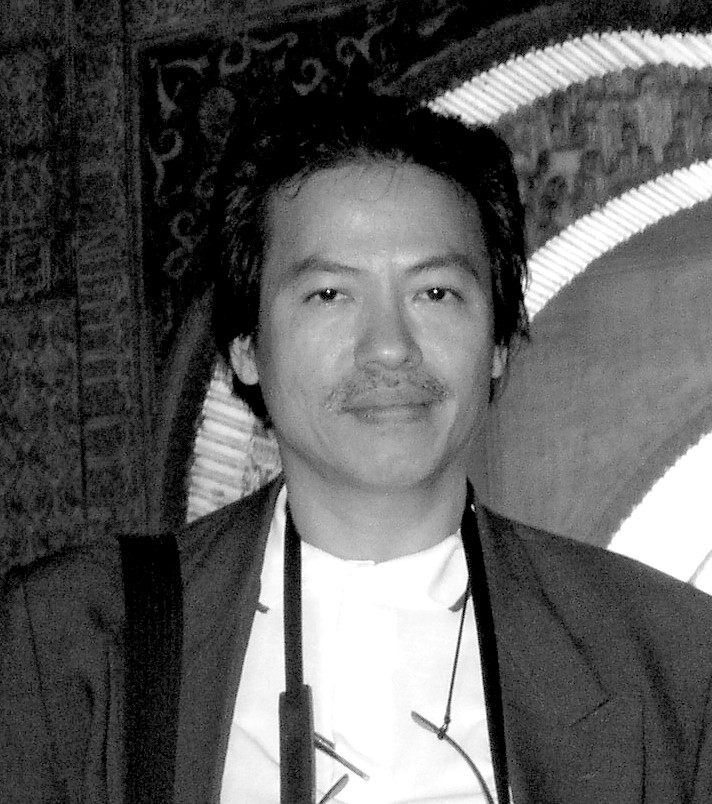MALAYSIA’S RESPONSE TO the refugee crisis amid the global Covid-19 pandemic has drawn sharp criticism, both on the national and international front. On April 16 the country made headlines when the Royal Malaysian Navy turned away a boat carrying 200 Rohingya men, women and children; the boat is still reportedly adrift at sea. Earlier in April, over 200 refugees believed to be Rohingyas, fled from either the refugee camps in Bangladesh or the resettlement sites in the Rakhine Province of Myanmar.1 This group, comprising 152 men, 45 women and five children, was sighted near Pulau Langkawi.
Since then, concerted calls to admit Rohingyas into the country have visibly strengthened, but so have the many Malaysians mounting protests2 against their entry. The Rohingyas’ internal displacement, they argue, is an issue to be handled by the Myanmar Government under its Citizenship Law Act 1982.
Be that as it may, Malaysia, Thailand and Indonesia are the only ASEAN member states to host incoming refugees. With the exception of Laos, Cambodia and Vietnam that receives stateless persons from neighbouring countries, the remaining member states do not accept refugees.





